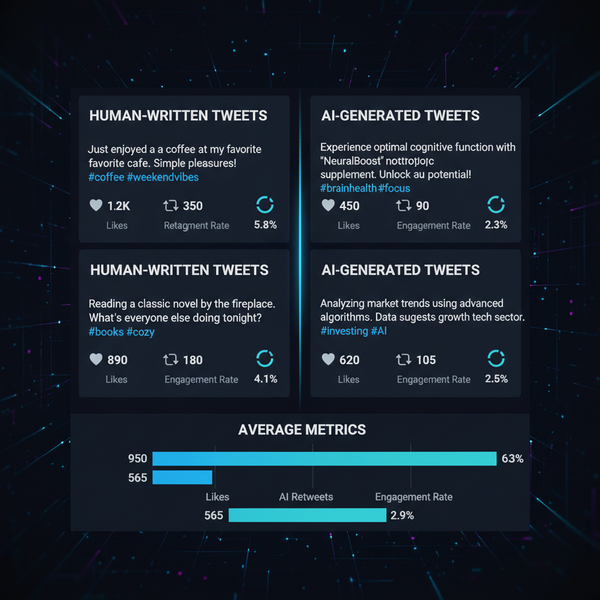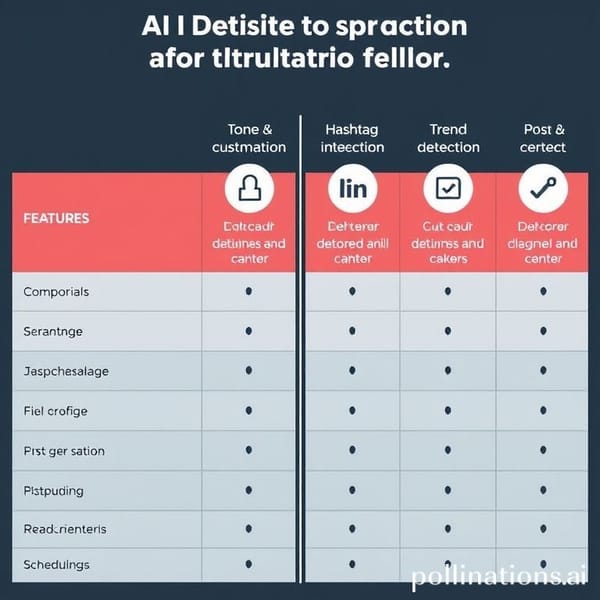Top Digital Marketing Tools for Beginners in 2024
Discover the best beginner-friendly digital marketing tools in 2024 for SEO, content creation, social media, and email to grow your online presence.
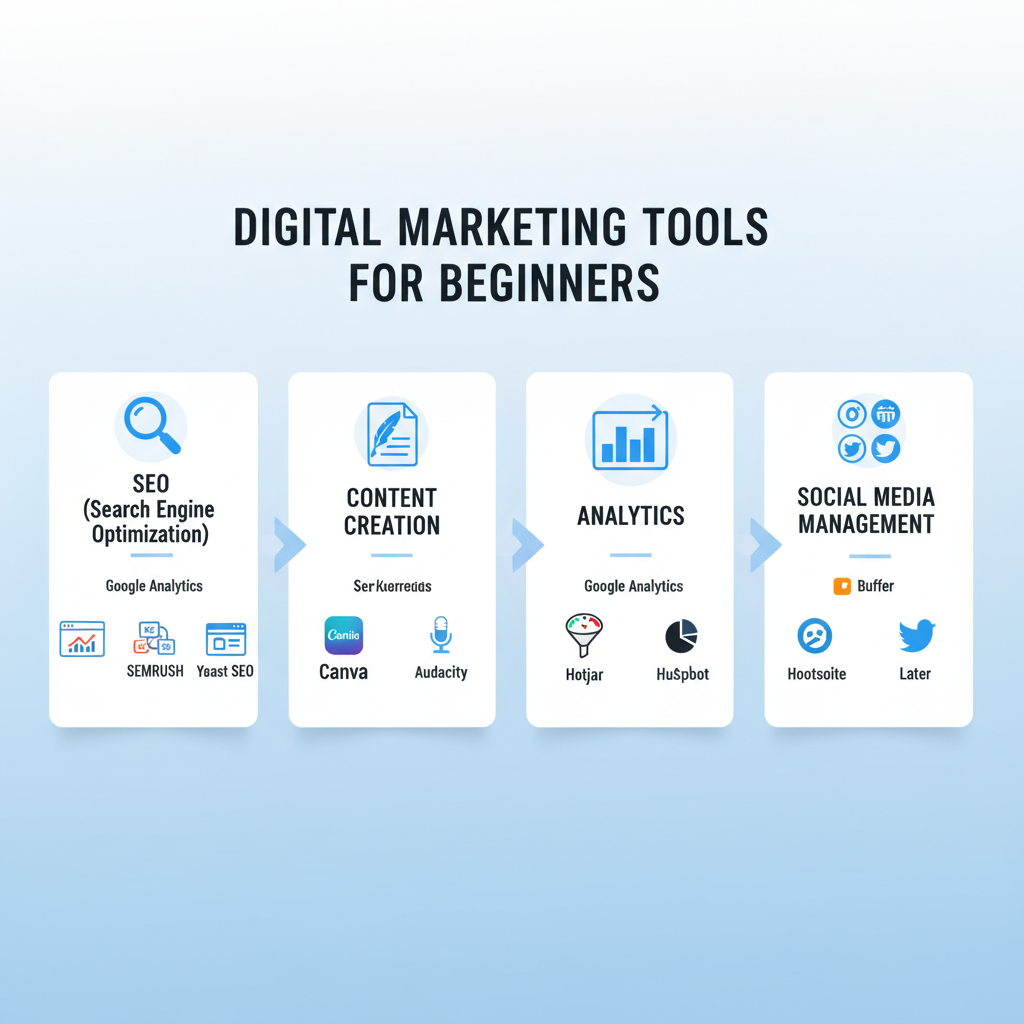
Introduction to Digital Marketing Tools for Beginners
For newcomers venturing into the online business space, digital marketing tools for beginners can be game changers. These tools empower individuals and small companies to promote products and services across channels like social media, email, search engines, and websites—without requiring deep technical expertise. By selecting the right beginner-friendly platforms, you can establish a credible digital presence, attract targeted audiences, and analyze results efficiently.

---
Understanding Digital Marketing and Its Importance for Beginners
Digital marketing refers to promoting products, services, or brands using online channels such as search engines, websites, social media, email, and mobile apps. For beginners, it’s a powerful gateway to reaching global audiences, tracking measurable results, and refining strategies quickly. Unlike traditional marketing, digital marketing offers instant feedback loops and precise targeting, making it an accessible skill set for individuals and small businesses starting out.
With the right digital marketing tools for beginners, even someone without prior experience can build a consistent online presence, compete with larger brands, and grow their customer base.
---
Key Categories of Digital Marketing Tools for Beginners
Digital marketing encompasses diverse activities, so tools are grouped into main categories:
- SEO Tools – Help optimize content for search engines to increase organic traffic.
- Content Creation Tools – Assist with designing visual assets and polishing text.
- Social Media Management Tools – Aid in planning, scheduling, and tracking social media posts.
- Email Marketing Tools – Facilitate building subscriber lists and sending campaigns.
- Analytics Tools – Measure performance, identify trends, and guide future strategies.
---
Beginner-Friendly SEO Tools
SEO (Search Engine Optimization) may seem technical, but there are beginner-oriented tools that make it approachable:
Google Keyword Planner
- Function: Discover relevant keywords, check search volumes, and estimate competition.
- Beginner Benefit: Intuitive interface tied directly to Google Ads.
- Best Use: Finding long-tail keywords for blog posts and product pages.
Ubersuggest
- Function: Offers keyword suggestions, SEO audits, and backlink data.
- Beginner Benefit: Color-coded difficulty scores and clear data visualization.
- Best Use: Exploring competitor keyword strategies and optimizing content.
---
Easy Content Creation Tools
Visual and written content is at the heart of online marketing. Beginners should focus on tools that simplify creativity:
Canva
- Function: Cloud-based graphic design tool with ready-made templates.
- Beginner Benefit: Drag-and-drop editor, no design skills required.
- Best Use: Social media graphics, presentations, infographics.
Grammarly
- Function: AI-powered writing assistant for grammar, tone, and clarity.
- Beginner Benefit: Real-time suggestions improve professionalism instantly.
- Best Use: Email copy, blog articles, landing pages.
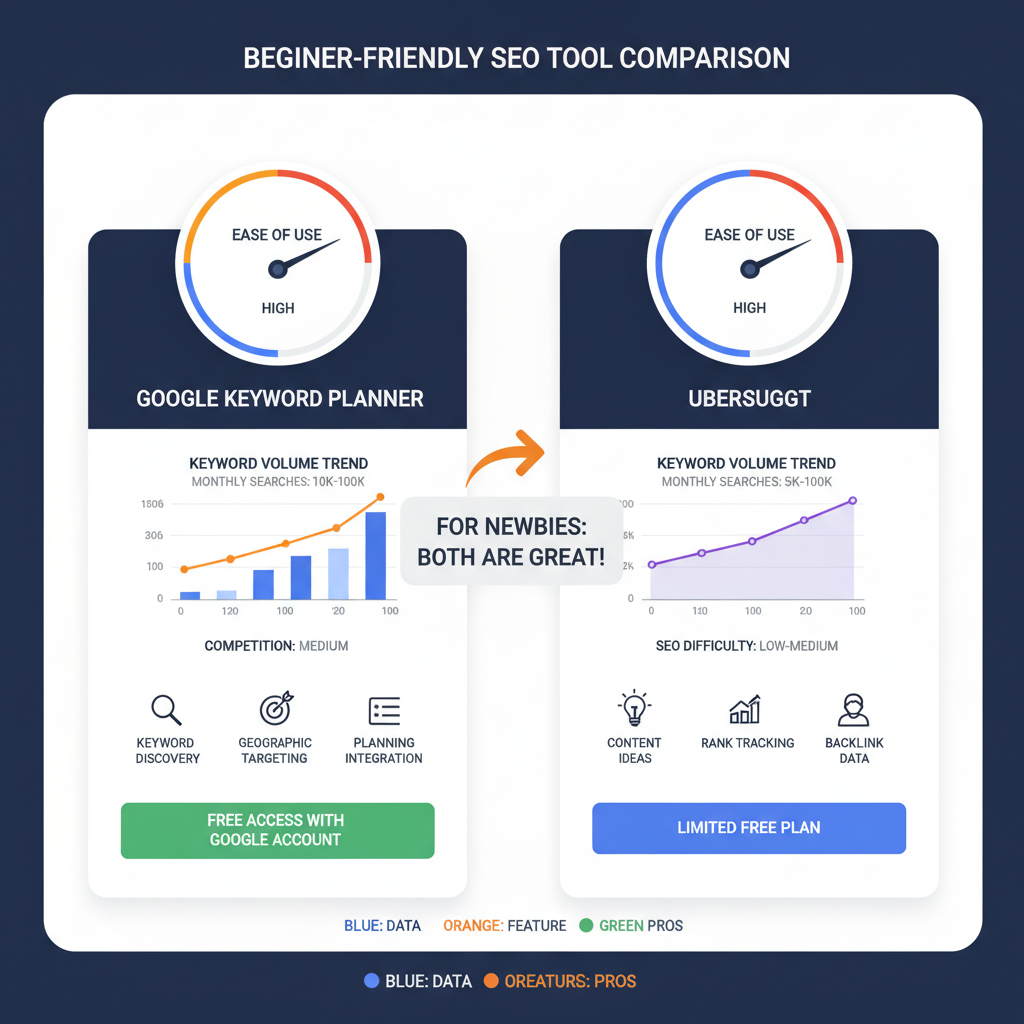
---
Social Media Scheduling Tools
Consistency is vital for social growth, but posting manually is inefficient. Scheduling tools streamline content distribution:
Buffer
- Function: Multi-platform scheduling and analytics.
- Beginner Benefit: Simple dashboard; link preview before posting.
- Best Use: Smoothing out daily content flow for Facebook, Instagram, Twitter.
Hootsuite
- Function: Advanced social planning, monitoring, and analytics.
- Beginner Benefit: Unified inbox for messages and comments.
- Best Use: Managing multiple social accounts from one place.
---
Simple Email Marketing Tools
Email remains cost-effective for nurturing audiences. Beginner-friendly tools offer templates, automation, and analytics:
Mailchimp
- Function: Campaign builder with drag-and-drop templates and automation rules.
- Beginner Benefit: Free tier supports small subscriber lists.
- Best Use: Welcome sequences, newsletters, promotions.
Sender
- Function: Simple automation workflows, custom email designs.
- Beginner Benefit: Intuitive interface for quick campaign launches.
- Best Use: E-commerce updates, blog notifications.
---
Beginner Analytics Tools
Analytics transform guesswork into data-driven decisions. Beginners should start with tools that integrate easily:
Google Analytics
- Function: Tracks traffic sources, behavior, and conversions.
- Beginner Benefit: Free and highly configurable to track site performance.
- Best Use: Understanding which content drives traffic and sales.
Google Search Console
- Function: Monitors site’s visibility in Google search and alerts to technical issues.
- Beginner Benefit: Highlights indexing problems, keyword rankings.
- Best Use: Improving SEO presence by fixing reported issues.
---
Criteria for Choosing the Right Tools
Choosing digital marketing tools for beginners isn’t just about popularity—it’s about fit. Consider:
- Budget – Many tools have free versions or affordable starter plans.
- Ease of Use – User-friendly dashboards save you learning time.
- Scalability – The tool should grow with your business needs.
- Support – Accessible tutorials and responsive customer service improve adoption.
| Criteria | Importance for Beginners | Example Tools |
|---|---|---|
| Budget | Ensure affordability without losing essential features | Mailchimp (Free tier), Canva (Free) |
| Ease of Use | Quick setup and simple navigation reduce overwhelm | Buffer, Grammarly |
| Scalability | Ability to add advanced features as skills grow | Hootsuite, Google Analytics |
| Support | Strong help resources ensure fast troubleshooting | Ubersuggest, Mailchimp |
---
Tips for Integrating Multiple Tools into a Single Workflow
- Centralize scheduling via one social media tool to avoid conflicts.
- Batch content creation using Canva for visuals and Grammarly for text.
- Track analytics weekly using Google Analytics, feeding results into campaign planning.
- Use automation in email marketing to free time for content creation.
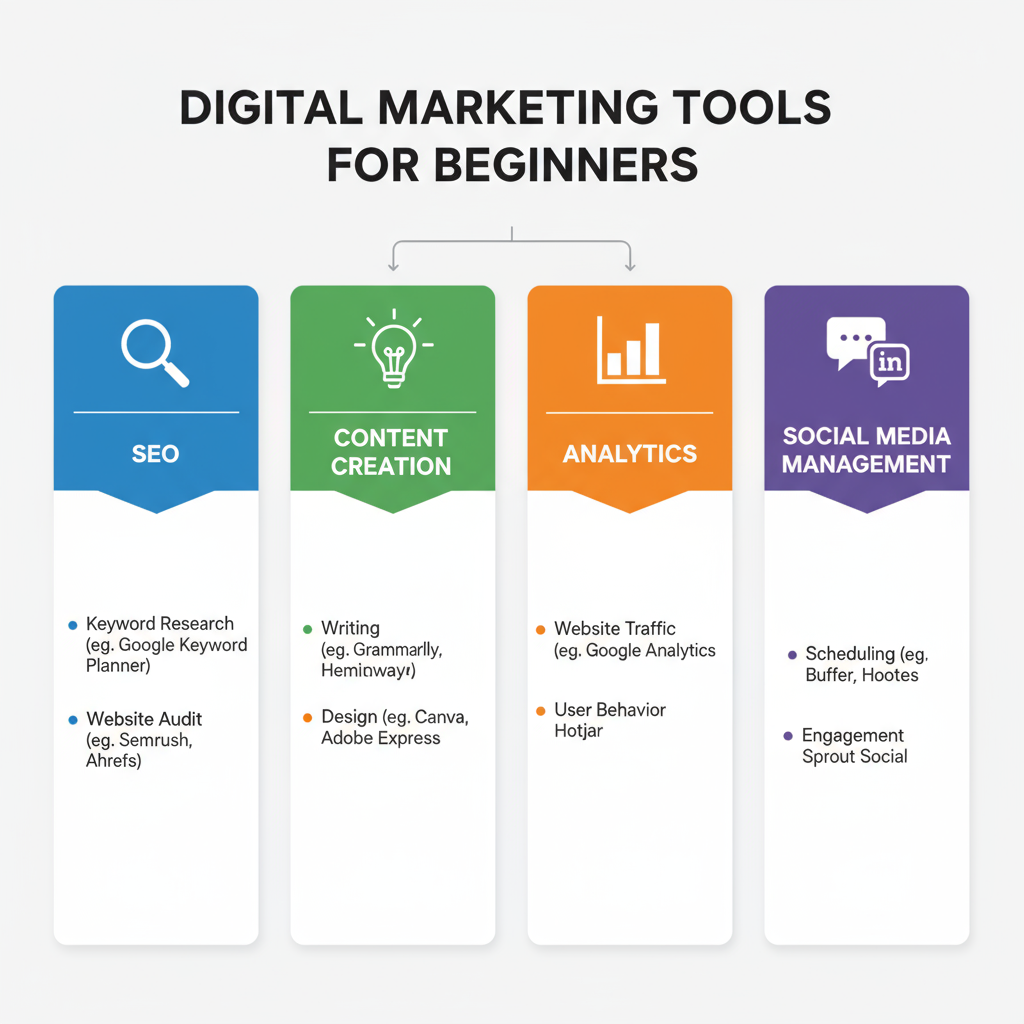
---
Common Mistakes Beginners Make
- Trying too many tools at once – Leads to overwhelm and reduced efficiency.
- Ignoring analytics – Missing the chance to measure success means repeating mistakes.
- Skipping consistency – Sporadic posting/campaigning hurts engagement.
- Not customizing templates – Generic designs can damage brand authenticity.
---
Step-by-Step Guide for Starting with 3 Essential Tools
- Begin with Google Keyword Planner
- Identify keywords for your niche.
- Create a list of content ideas based on discovered terms.
- Design with Canva
- Make basic visual assets for website, blog, and social media.
- Keep branding consistent across assets.
- Schedule via Buffer
- Upload posts in advance to maintain a steady online presence.
- Monitor engagement through Buffer’s analytics tab.
Scaling Up:
- Add Mailchimp for email campaigns.
- Incorporate Google Analytics to refine strategies.
- Explore SEO audits using Ubersuggest.
---
Summary and Next Steps
Starting in digital marketing doesn’t require a giant budget or advanced technical skills. With the right digital marketing tools for beginners, you can streamline your online activities, create consistent content, and make data-informed decisions. Begin with a select few tools that address core needs—content creation, scheduling, and analytics—then scale as your confidence and audience grow.
Ready to improve your marketing game? Identify your top priorities today, test one or two beginner tools, and build a system that works for your brand. The sooner you start, the faster you’ll learn—and the more impact you’ll create online.


